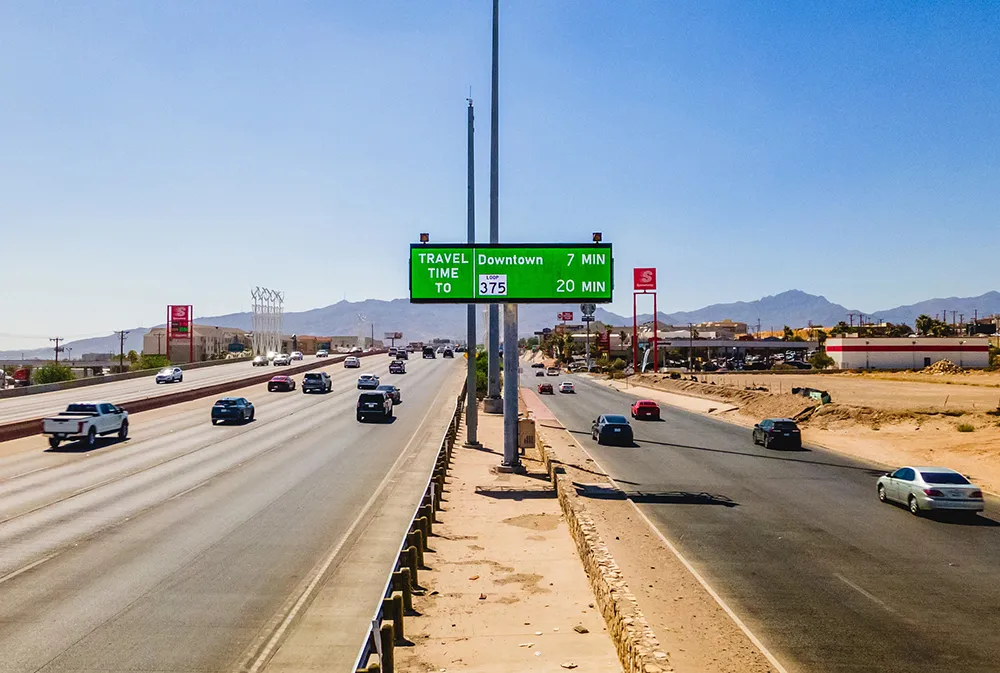Scottish service provider BEAR Scotland and Vaisala have been awarded the Highways magazine Excellence Award for Highways Industry Product of the Year for the DSP310 Condition Patrol system, an innovative solution to obtain comprehensive, real-time road condition weather data from a mobile automated weather station.
Vaisala's DSP310 condition patrol solution uses sensors mounted in a vehicle to provide real-time monitoring of all road weather conditions. The in-cab display uses a smartphone running the V
October 25, 2013
Read time: 2 mins
Scottish service Provider BEAR Scotland and 144 Vaisala have been awarded the Highways magazine Excellence Award for Highways Industry Product of the Year for the DSP310 Condition Patrol system, an innovative solution to obtain comprehensive, real-time road condition weather data from a mobile automated weather station.
Vaisala's DSP310 condition patrol solution uses sensors mounted in a vehicle to provide real-time monitoring of all road weather conditions. The in-cab display uses a smartphone running the Vaisala RoadDSS Navigator mobile app. The DSP310 Condition Patrol is designed to provide a mobile solution to be deployed to collect critical road surface data at any given point on the network, at any time and viewed through the Vaisala RoadDSS Navigator software platform.
Brian Gordon, BEAR Scotland Managing Director, said: "DSP310 allows BEAR Scotland drivers, decision makers and control room staff to have access to data related to the state of the road in real-time across the entire network. This in turn enables faster, more accurately informed decisions and therefore more precise maintenance treatments to be applied during patrols, thus improving the safety of all road users in Scotland."
Brian Davis, Vaisala Account Manager explains, "We welcomed the opportunity to work closely with BEAR to achieve their goal of obtaining real-time surface state data to support their winter treatment regime. Their feedback on the operational use of DSP310 Condition patrol was invaluable in enhancing the effectiveness of the solution."
Vaisala's DSP310 condition patrol solution uses sensors mounted in a vehicle to provide real-time monitoring of all road weather conditions. The in-cab display uses a smartphone running the Vaisala RoadDSS Navigator mobile app. The DSP310 Condition Patrol is designed to provide a mobile solution to be deployed to collect critical road surface data at any given point on the network, at any time and viewed through the Vaisala RoadDSS Navigator software platform.
Brian Gordon, BEAR Scotland Managing Director, said: "DSP310 allows BEAR Scotland drivers, decision makers and control room staff to have access to data related to the state of the road in real-time across the entire network. This in turn enables faster, more accurately informed decisions and therefore more precise maintenance treatments to be applied during patrols, thus improving the safety of all road users in Scotland."
Brian Davis, Vaisala Account Manager explains, "We welcomed the opportunity to work closely with BEAR to achieve their goal of obtaining real-time surface state data to support their winter treatment regime. Their feedback on the operational use of DSP310 Condition patrol was invaluable in enhancing the effectiveness of the solution."










